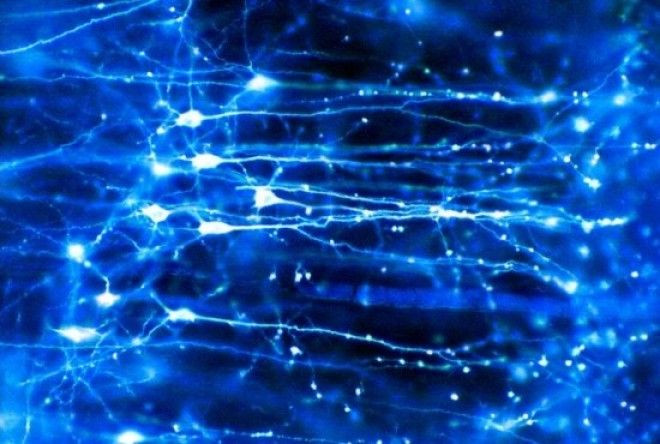Innovative Multiple Sclerosis Treatment Is 90% Effective, Safer Than Previous Methods

Autoimmune disorders are often difficult to treat because the immune system is an important, albeit tricky, part of the body; shutting it off can be as lethal as leaving it on.
Multiple sclerosis (MS) is a lethal sickness of the nervous system. The disorder is autoimmune, meaning the body's immune system attacks the protective coating of the neurons, called the myelin sheath. The degradation of the myelin sheath makes MS patients more susceptible to chronic diseases, as they are suffering brain and spinal cord damage.
Much of the time, people with MS have difficulty swallowing and thinking, are unable to care for themselves, and become susceptible to infections. Although the disorder is manageable, it is still chronic, incurable, and debilitating over time.
As such, current treatments for MS are not very effective. Since the disorder mainly stems from the body's immune system, current treatments focus on suppressing the entire immune system in order to slow neurological degradation. Suppression of the immune system, however, makes patients more likely to acquire other ailments or infections. While their immune system is no longer attacking their body, it is not attacking foreign disease-causing agents either. This is problematic, as serious infections can be contracted as a result, such as pneumonia and even cancer.
A new study aims to provide the body with antigens, or immune cell blockers, to myelin so that the immune system can stop attacking the vital material covering nerve cells. The primary aim of the study was to demonstrate the treatment's safety and tolerability. It showed the injection directly into the blood of up to three billion white blood cells, cells that are abundant agents of immunity, along with myelin antigens caused no adverse effects in nine out of 10 MS patients.
Most importantly, it did not revive the patients' disease and did not affect their resistance to other pathogens. Patients had stable neurological function up to six months after treatment, and there were no serious exacerbations of the disease and no increase in disabilities related to MS. This result is indicative of the treatment helping to ease the symptoms of MS. Similarly, those nine patients exhibited fewer brain lesions and inflammatory immune responses.
The treatment stopped the attack of myelin, without stopping the attack of other foreign agents. This was proven when patients were tested for immunity to tetanus. Immunity to this disease, where bacteria infects and immobilizes muscles, remained strong when tested one month after treatment; indicating that the treatment of white blood cells with myelin antigens was specific enough to prevent system wide vulnerabilities the way that current immunity-suppressing methods do.
The study did show patients who received the highest dose of white blood cells had the greatest reduction in harm to myelin. Up to three billion white blood cells with the myelin antigen can be safely tolerated, while still allowing immunity to other diseases and tolerability toward to myelin antigen.
However, this finding is only the start of the development of a new MS treatment. "In the phase 2 trial we want to treat patients as early as possible in the disease before they have paralysis due to myelin damage." Stephen Miller, a part of the research team, said. "Once the myelin is destroyed, it's hard to repair that."
The key to this new method of treatment is early evaluation and administration before the disorder becomes unbearable. However, the new method has proven its efficacy, and it's only a matter of time before it becomes the new norm.
Source: Lutterotti A, Yousef S. Sputtek A, et al. Antigen-Specific Tolerance by Autologous Myelin Peptide-Coupled Cells: A Phase 1 Trial in Multiple Sclerosis. Science Translational Medicine. 2013.



























